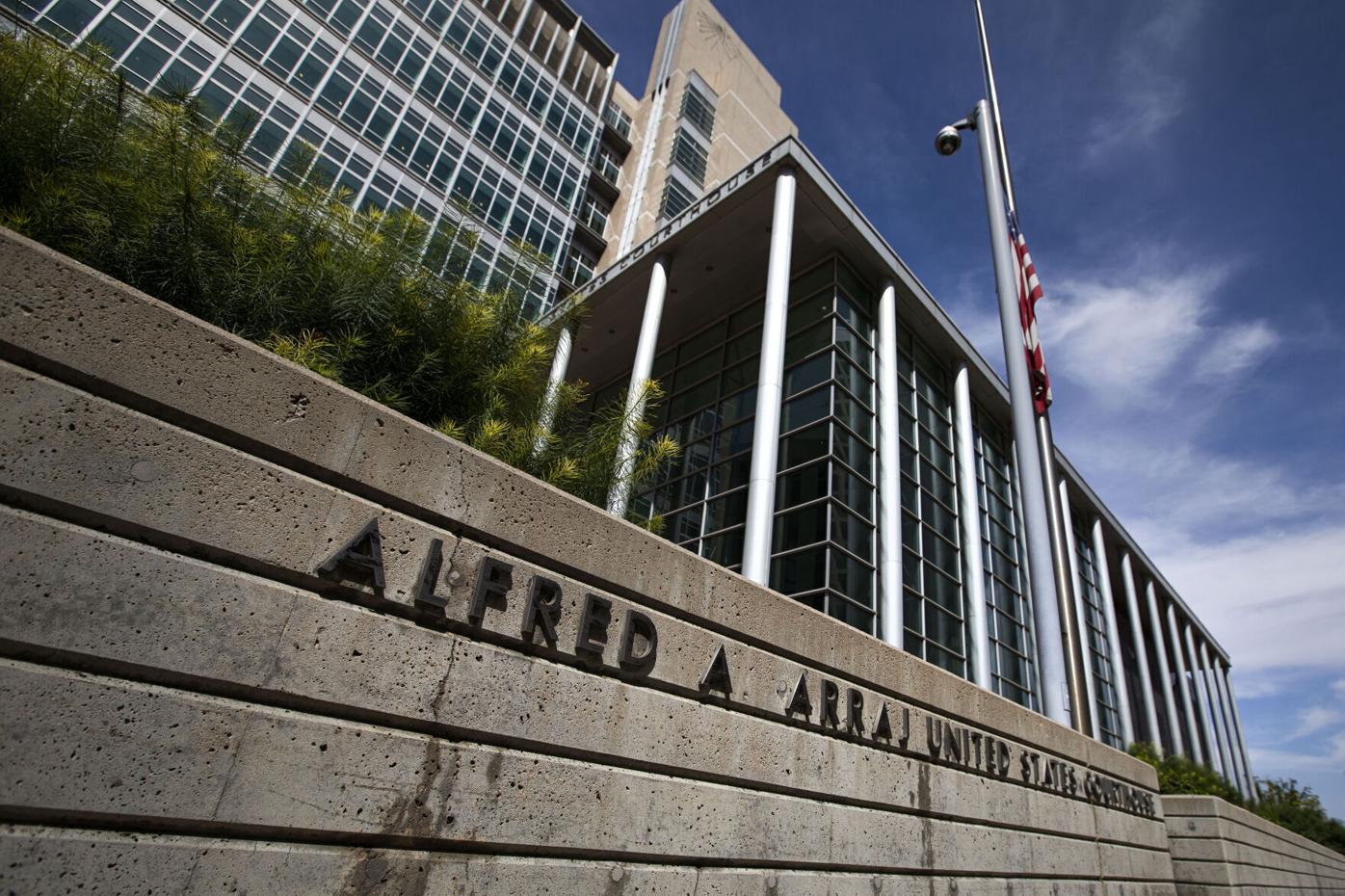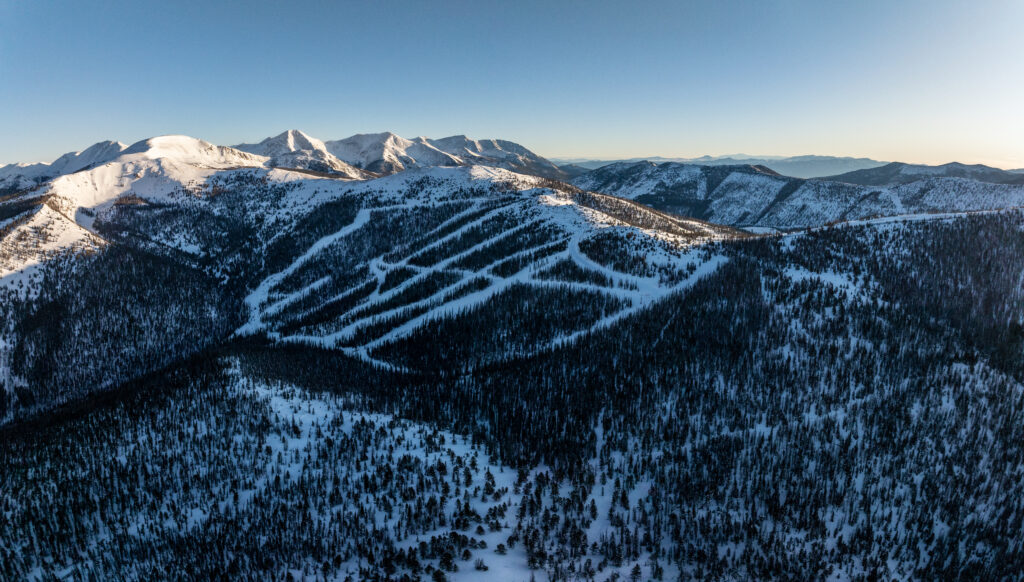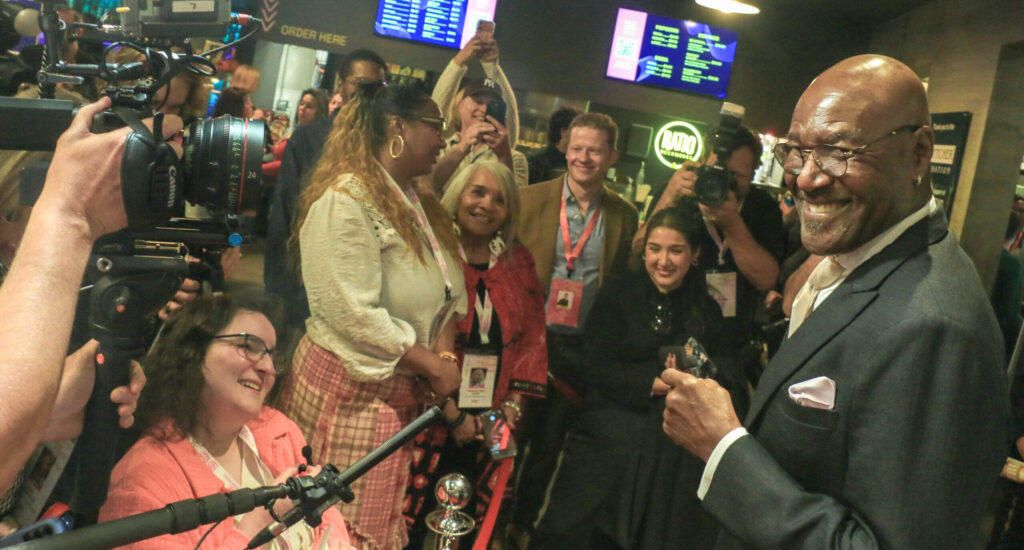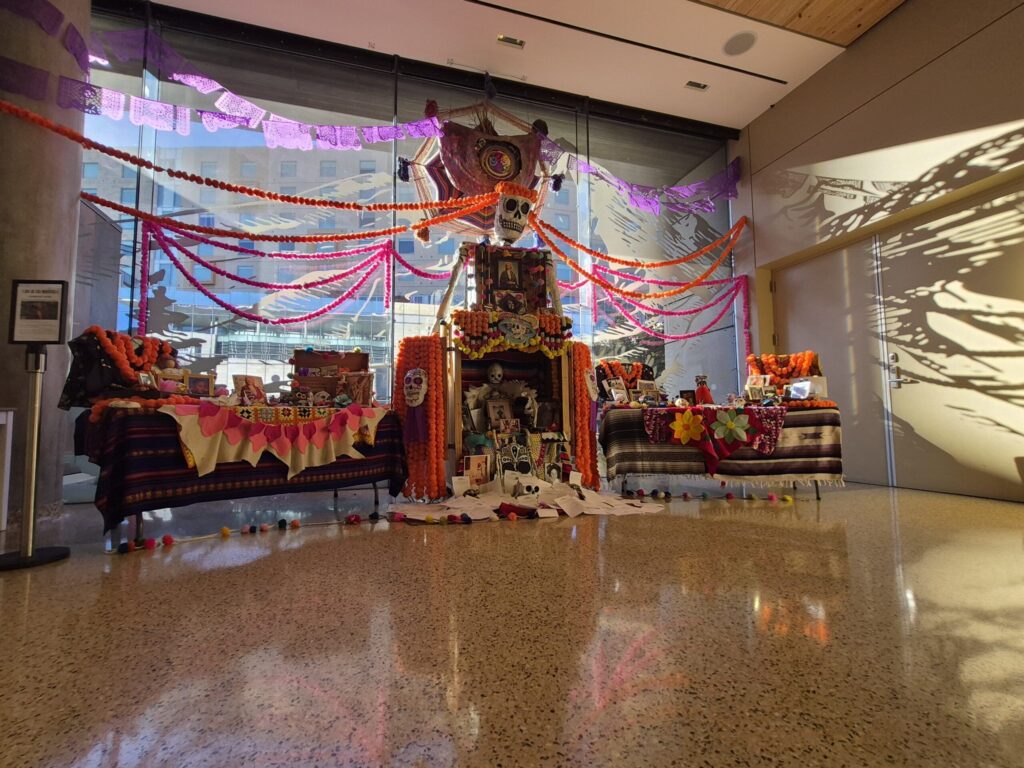Federal judge blocks Castle Rock from enforcing land use code against church’s makeshift homeless shelter
A federal judge on Friday blocked the town of Castle Rock from enforcing its land use code against a church that alleges its religious beliefs compel it to operate a temporary homeless shelter in its parking lot.
U.S. District Court Judge Daniel D. Domenico granted a preliminary injunction to The Rock evangelical church, which sought an exemption on religious grounds to Castle Rock’s prohibition on residential use of the church property.
“The Church stresses that by preventing it from allowing the homeless to live on its property, the Town is precluding the Church from exercising its religious beliefs regardless of whether it might be possible to provide for the needy in some other way,” wrote Domenico, a Donald Trump appointee, in a July 19 order.
Although Domenico’s decision applies narrowly to one recreational vehicle and one camping trailer in a parking lot, the lawsuit itself contained several clues that the plaintiffs seek to ultimately ask the U.S. Supreme Court to allow greater religious exemptions from government regulations that are otherwise neutral toward faith.
The church’s attorneys include an experienced Supreme Court litigator and the First Liberty Institute, which has successfully brought multiple religious exercise cases to the Supreme Court. The Rock also disclosed in its complaint a desire to overrule a 34-year-old Supreme Court precedent about religious freedom, Employment Division v. Smith, which largely permits courts to uphold generally applicable, religiously neutral laws that happen to impose burdens on religion.
“We are pleased with the decision of the court that allows the church to carry out its religious freedom on its property. The court reopened the door of a caring church whose mission has always been to offer a warm environment for the homeless living on the cold, hard streets,” said attorney Jeremy Dys with the First Liberty Institute.
In response to a question about plans to ask the Supreme Court to overrule its precedent, Dys said his goal has been to ensure The Rock can pursue its religious mission.
Attorneys for Castle Rock declined to comment.

Daniel Domenico.
The church’s lawsuit alleged a violation of the Religious Land Use and Institutionalized Persons Act, a federal law prohibiting any land use regulation that imposes a “substantial burden” on religious exercise. For the government to prevail, it needs to establish a compelling interest and demonstrate the regulation is the least-restrictive method of fulfilling that interest.
During a hearing earlier this month, Domenico expressed concern that his ruling would enable other faith houses to seek exemptions from zoning codes on religious grounds. The Rock, which has more expansive plans to construct housing on its 54-acre property, might also be entitled to a religious exemption for that project.
However, in his order, Domenico ultimately waved aside slippery-slope concerns, noting such cases would involve different facts than the two trailers. Domenico, on his own, also raised the possibility that the church was motivated by “Yes, In God’s Backyard”-ism, an effort to create affordable housing on church property.
Although The Rock did not have shelters in its parking lot for much of its existence and acknowledged in its 2003 land annexation agreement that Castle Rock’s land use regulations do not impose a substantial burden on religious exercise, Domenico found the prohibition on the trailers did, in fact, substantially burden the church.
“The Church responds that its religious beliefs don’t just obligate it to provide for the needy in some general way; they obligate it to provide for the needy on Church property,” Domenico wrote. “Specifically, the Church points to Leviticus 25:35–36, which urges Christians to allow the poor to ‘continue to live among you.'”
He added that his preliminary injunction was limited to the facts as presented, among which were a “large lot,” the church’s ability to “keep its shelter at a distance from nearby residential areas,” and the lack of complaints about drug use or crime.
Domenico denied the other aspects of The Rock’s request for an injunction, related to the operation of a coffee shop inside its building and an emergency shelter program with the Red Cross. He concluded those other components lacked evidence of imminent harm or retaliation by the town.
The case is Church of The Rock, Inc. v. Town of Castle Rock.
















